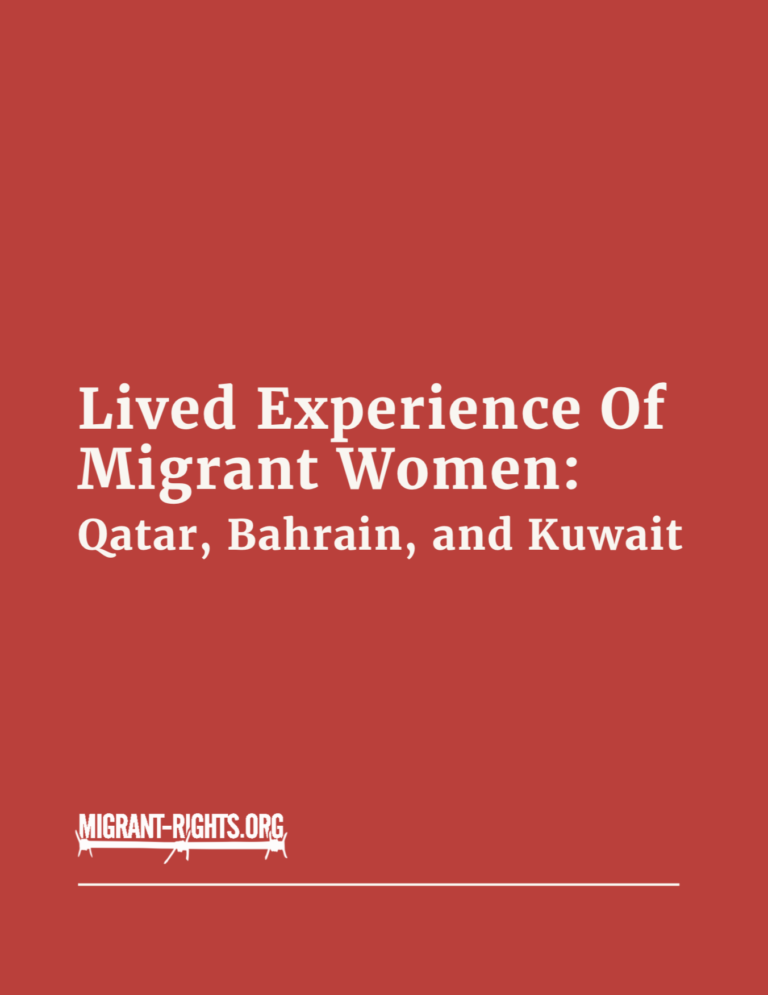Land But No Freedom: Debt, poverty and human suffering in the Philippine banana trade
PublicationsThis case study is one of a series of case studies to supplement the global campaign report, Ripe for Change, drawing attention to the plight of specific groups of small-scale farmers or workers in international food value chains and/or promoting su...Read More

